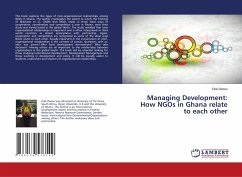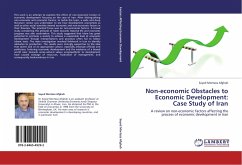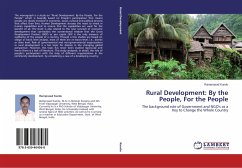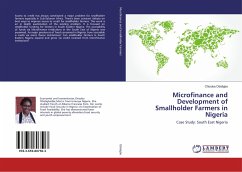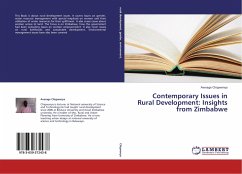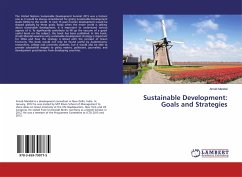This book explores the types of inter-organizational relationships among NGOs in Ghana. The author investigates the extent to which the findings of Robinson et al., (2000) that NGOs relate in three ideal ways of cooperation, coordination and competition is true in Ghana, since their study was mainly based in the global North. The study revealed that inter organizational relationships is important and is often interpreted in third world countries as almost synonymous with partnership. Again, cooperation and competition are recognized as some of the ideal ways NGOs relate to each other. Equally important in the conversation of inter-organizational relationships is the concept of power. Questions such as, who has power? Who fund development interventions? Who take decisions? Among others are all important to the relationship between organizations in the global South. The book will be essential reading for those studying International development, Development Management and those working in development and policy. It will be equally useful to students, researchers and teachers of organizational relationships.
Bitte wählen Sie Ihr Anliegen aus.
Rechnungen
Retourenschein anfordern
Bestellstatus
Storno

